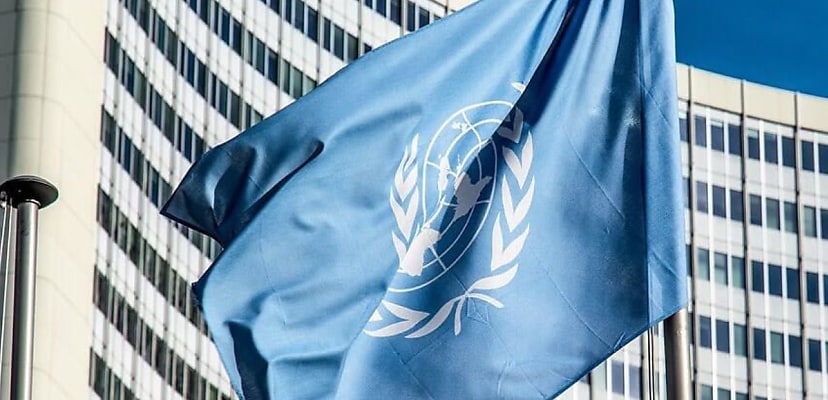Share this article on:
Powered by MOMENTUMMEDIA
Breaking news and updates daily.
A United Nations (UN) committee has convened to discuss the creation of a cyber crime convention which aims to shape legal frameworks and eliminate “legal blind spots” in cyber crime.

This is the fourth meeting of the ad-hoc committee that was established back in May 2021 made up of experts from around the globe that are “representative of all regions”.
The committee’s overall goal is to establish a convention that will answer the growing wave of cyber crime that has resulted from rapid international digitisation.
Taking place in Vienna, Austria from 9 to 20 January, the session will see the committee negotiate chapters of the convention regarding criminalisation, general provisions and procedural measures and law enforcement.
In addition, the ad-hoc committee will consider the creation of an “open-ended group of experts” that will overlook the language and text of the convention, ensuring consistency in all official UN languages.
The General Assembly first made moves to establish the convention on 29 December when it passed Resolution 72/247: Countering the use of information and communications technologies for criminal purposes.
The convention, taking into consideration current international cyber crime efforts and tools, could completely change international criminal law, and strengthen police surveillance powers across borders.
However, talk of this has raised concerns regarding the protection of human rights when it comes to the sharing of personal data across borders in cyber investigations.
The European Data Protection Supervisor, Wojciech Wiewiórowski, previously stated back in May 2022 that the transfer of EU data to non-EU countries could be a risk.
“Exchanging personal data between EU countries and non-EU countries to combat cyber crime comes with great responsibility,” said Wiewiórowski.
Currently, the EU only allows for EU data to be shared with non-EU nations if the non-EU country has put in place adequate protections and safeguards.
According to the ad-hoc committee’s road map, the “finalisation and approval of the draft text of the convention” will take place between 29 January and 9 February 2024.

Be the first to hear the latest developments in the cyber industry.